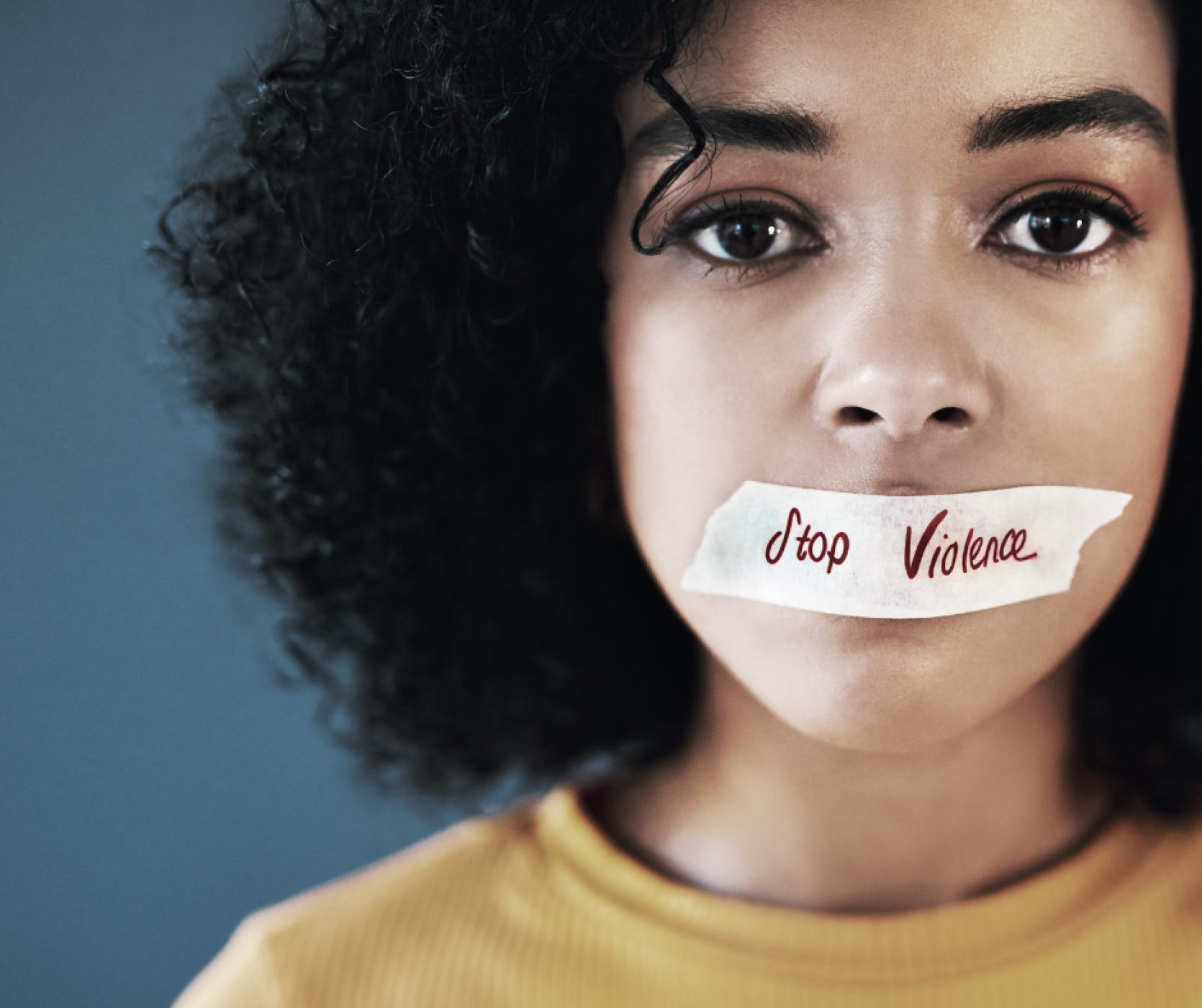
At The London Community Foundation, we fund a range of service delivery activities and projects which includes recovery from homelessness, offender rehabilitation and tackling violence and exploitation. Our VAWG Programme Manager reflects on how this International Human Rights Day encourages us to recognise the importance of our rights in our everyday lives.
Did you know that the Universal Declaration of Human Rights has been translated into over 500 languages?
The MOPAC VAWG Grassroots Fund has especially revealed that there is a significant relationship between language and rights. The first iteration of the fund provided support to 41 richly diverse organisations working to tackle and prevent violence against women and girls (VAWG), all of which reported language as a barrier to support. This is also surfacing as an ongoing concern by the second cohort of specialist organisations to be receiving grants through this fund.
Gated barriers
Victims and survivors of violence and exploitation who experience challenges with language barriers can be reluctant to seek support. This is often due to perpetrators taking advantage of them not having the proficiency to speak English. This is largely felt during their initial experiences of engaging with statutory services, such as housing and social services. Most often, they would not understand what is being discussed or the outcome as the perpetrator would act as their mouthpiece.
This is why translation services are critical, especially in cases of exploitation. There are too many instances of victims of modern slavery and human trafficking requiring medical assistance due to the impact of the abuse and exploitation they experience. During these medical visits, they are usually accompanied by their trafficker under the guise of being a close family member or friend who can translate.
Gatekeeping like this can add to the isolation and, at times, trauma for those experiencing language barriers. When you consider this alongside the fact that most survivors of violence and exploitation do not know what their rights are, it feels like a hidden gap.
I struggle with sharing what I have been through and explaining how it makes me feel, so how do I explain that in a different language?Survivor supported by the Shpresa Programme
Seen and heard
There are countless specialist organisations working tirelessly to expose and bridge this gap. DAWN Charitable Trust alone provides counselling in over 22 languages. The impact of which cannot be underestimated. Organisations report that victims and survivors who receive help with their recovery in their first language has a had direct impact on their quality of life, and independent living. They especially note that group activities provide a space where they can socialise with others who share the same culture and language which reduces their feelings of Isolation.
Thank you so much, I missed spending time with women who speak my language, I feel less homesick.Survivor
Kiran Support Services share that some women who had recently arrived in the UK and had no family or friends, did not know their rights. They were being told by perpetrators that they would be deported and their children taken away from them if they left. The MOPAC VAWG Grassroots Fund grant helped the organisation to raise awareness, in different languages. Women were informed of safe places they could go to like refuges if they needed to leave and be protected.
Women felt more empowered to make the decision to leave when they had all the information (in their own language) and knew what their rights were.Kiran Support Services

Intersectionality of language
For organisations that do not have bi or multilingual staff and volunteers, they share that this often results in additional time and resources for translation services, extending appointments and adding logistical complexity. Streetlight UK have consciously recruited staff and volunteers from ethnic minority backgrounds, while meeting the required skills and experience to carry out the role, to meet the needs of the women they see engaging in prostitution. They report this has been particularly beneficial when building rapport with the women on the street, as language and race are often a barrier to communication.
The Maya Centre who are currently delivering their funded project in partnership with MamaSuze have found that women who do not speak English as their first language can struggle with everyday tasks, such as attending appointments and sessions. Fluctuation in attendance is due to service users’ living conditions, whom often face multiple disadvantages. Most are new to living in their local areas and have low levels of income which impacts their ability to build support networks.
This is exacerbated by past traumatic experiences such as trafficking, Female Genital Mutilation, male violence and displacement, resulting in post-traumatic stress disorder, depression, insomnia, and high levels of anxiety and self-harm.The Maya Centre
Women may start attending sessions then cannot keep up participation or they arrive very late. There is also a degree of uncertainty as the Home Office may move them at anytime. In most cases, these organisations will either provide English language classes or support them to enrol in ESOL classes so that they feel more confident and able to advocate for themselves.
These specialist organisations demonstrate that language barriers increase the vulnerability of anyone as they are open to increased vulnerability, misinformation and destitution. This type of confusion would create the feeling of anxiety and isolation for anyone, let alone someone who feels trapped through trauma. Tackling language barriers is no quick fix and other challenges must be factored in but when it comes to ensuring human rights for all, it is vital that language be supported as a priority.
Want to know more about upcoming programmes - just like the MOPAC VAWG Grassroots Fund - then why not sign up for our monthly newsletter?
